Growing up, I have fond memories of time spent with my father Richard making trips to Ikea for furniture. Imagine a young, curious boy who was amazed by the shelves in the warehouse full of neatly packaged furniture. That was never where the fun ended. Once we brought our boxes home, there was the joyous task of assembling our furniture. But first, we needed to open those boxes. I would always take everything out and leave them in a chaotic pile in the middle of the floor.
Now my dad, being the experienced Ikea builder that he was, looked at my pile and together we organized my mess into the appropriate sections so that we could see all the parts in their respective context. By doing this, we had reduced the amount of overwhelm from building Ikea furniture – at least we knew all the pieces we had to work with.
Me being the eager, excited kid that I was, got straight to work trying to put the pieces together with no concept of how they fit into the larger picture of my future Hemnes. Once again, my dad, the ever experienced Ikea builder gently guided my attention to the most important document – the instruction manual. I only say experienced in this context because knowing my father he probably had past experience with building furniture without consulting the instruction manual only to realized that he had misplaced one peg which caused him restart the entire project.
I imagine that this is how many people can relate to seeing their financial and retirement plan – so many different pieces strewn around our minds with very little idea of how it will all fit into that finished product that we saw in the Ikea show room. This often can lead to a lot of frustration and overwhelm.
Many of these questions and concerns relate to the following questions:
• When can I retire?
• When should I take my government benefits?
• Am I saving enough?
A financial plan will help you pull those pieces together and give direction on what you need to do right now. We can go pursue and go into our retirement with confidence in how we can live.
Trying to answer all these questions at once is overwhelming. It makes it even more difficult to have confidence in our retirement. You’ve worked hard your entire life to establish your financial freedom.
If we don’t have clear answers, our brains will default to whatever people around us are saying. This is wrong on so many levels because of the uniqueness of your situation.
To emphasize how unique your retirement situation could be, let’s break down the above questions into smaller more clarifying questions.
When can I retire?
Many of us reach the age where we start to question whether or not we can afford retirement, thinking that surely it is just for the rich. And yet, retirement is an important part of life and should be planned for.
So when can I retire? The answer to this question depends on how much money you have saved up in relation to your monthly expenses. It also depends on what you want in your retirement.
Some people want an active lifestyle in their later years while others hope to be more laid back. Some may want to travel full time while others might want to stay close to home. There are endless possibilities in terms of what you plan do when you retire, but it all starts with knowing when you can retire.
Another thing to often consider is “Are you ready to retire?”
This is a big question that we are often not prepared for. Some things that immediately come to mind include:
• Are you ready to leave the social environment you may have been a part of for years?
• Are you ready to spend MORE time with your spouse?
• Have you considered using your vacation time to do a “practice retirement” to see what that looks like!
When should I take my government benefits?
In Canada, the age of retirement is 65. Further, the Canada Pension Plan (CPP) pension benefits can be taken as early as 60 with a reduced monthly payment. The CPP is a contributory, earnings-related social insurance program that helps provide pensions to persons who retire after contributing to the plan through payroll deductions for at least 10 years.
When you take CPP early, you’ll receive a reduced benefit and when you defer it you’ll get bonused up. You need to decide whether you want the money in your hands now or take a bigger income later on. If you’re planning on living a long time, it might be better to wait!
When it comes to your government benefits the simplest question we can ask is “Do you need the cash flow now?”
Am I saving enough?
I’ve been making a point of saving as much as possible for retirement, but after reading through these questions and concerns, I realized that it’s hard to know what you’re saving up enough for. It really depends on your aspirations and dreams for your retirement.
What do you want to do with your money in retirement? Have you considered the societal effects of your consumption? These are all things that might change how much or how little you need to save for what kind of lifestyle.
How much should I be saving? There are some simple ways to come up with an estimate here.
First of all, are you even saving at all!!! Will it really hurt you financially to challenge yourself to increase your monthly investment program?
I love the nautical analogy of navigating a boat across the ocean to a destination. You can see it on the horizon, you use all navigational tools and charts at your disposal to get you there and then you arrive and get to experience what you’ve always been looking forward to. The big question is – have you really arrived or do you then look for what’s next on the horizon. We prefer the latter. A proper financial plan will help you navigate toward the goals that matter and help you adapt to the inevitable changes and new goals that life presents you. If you want to put together a plan that answers all of your questions and concerns, please schedule a conversation with one of our team members to begin!















